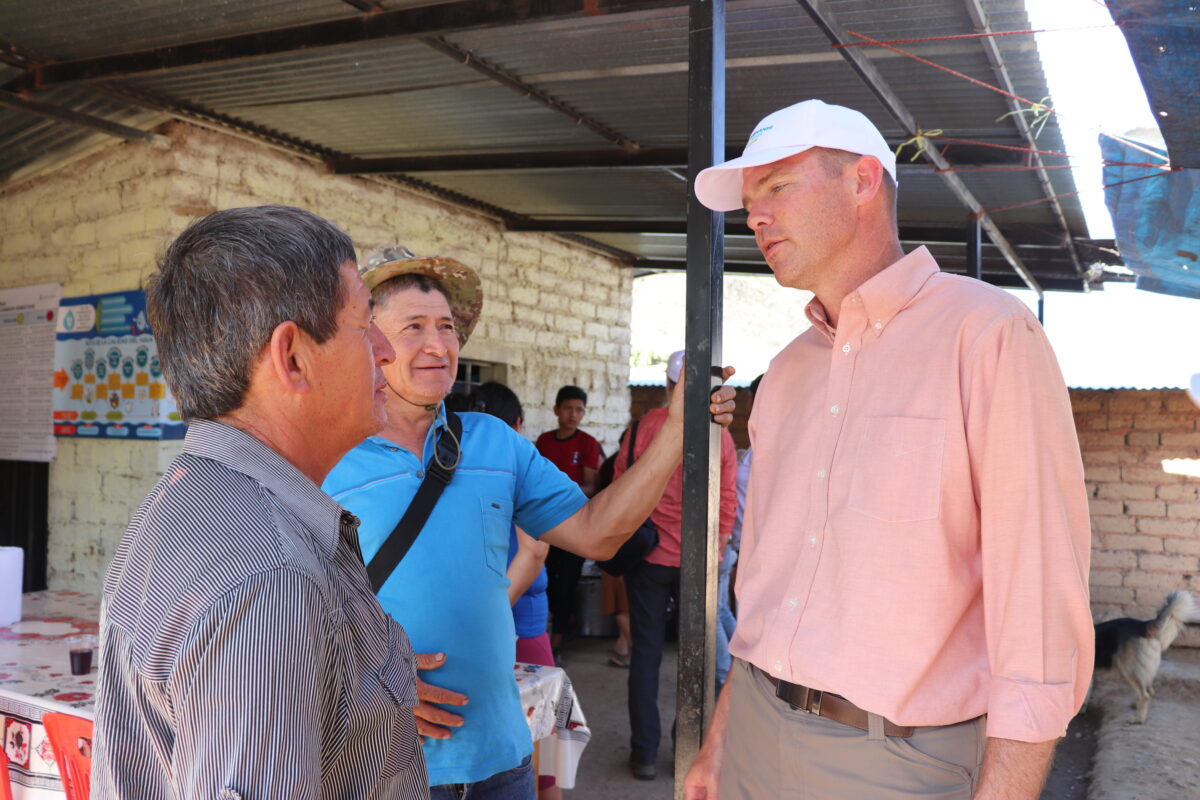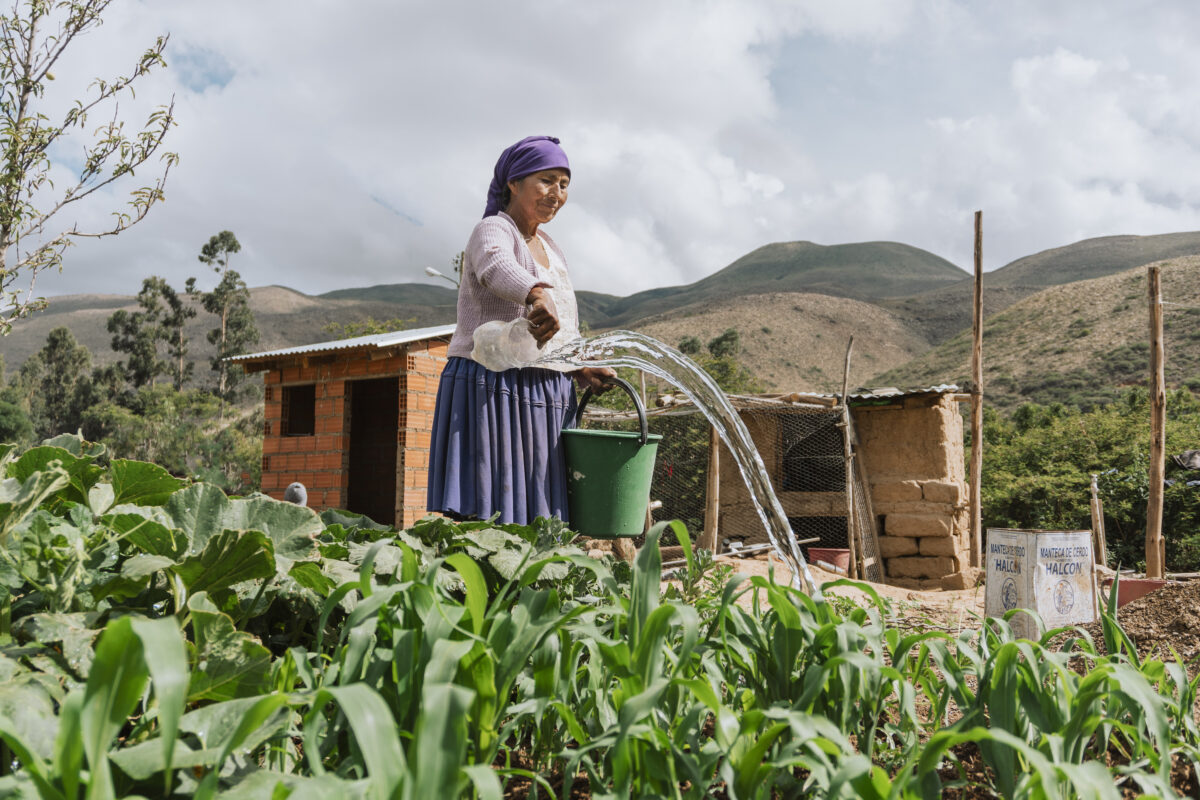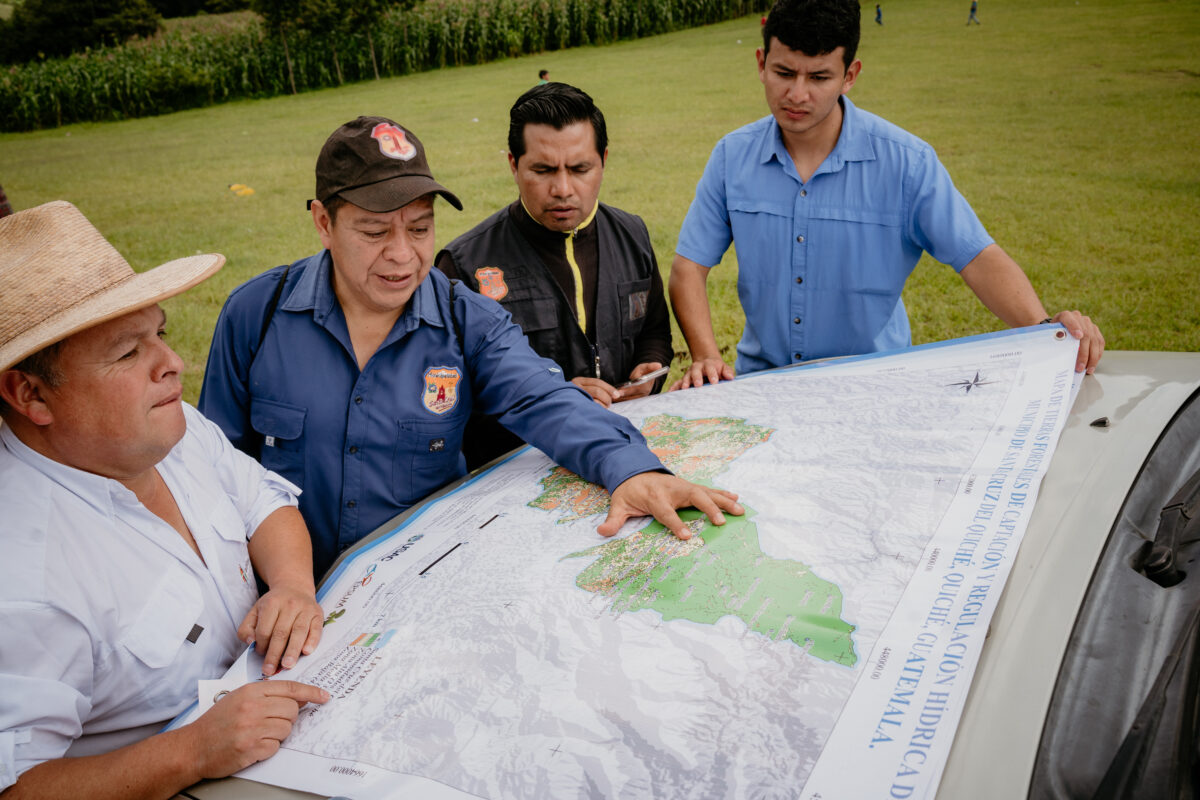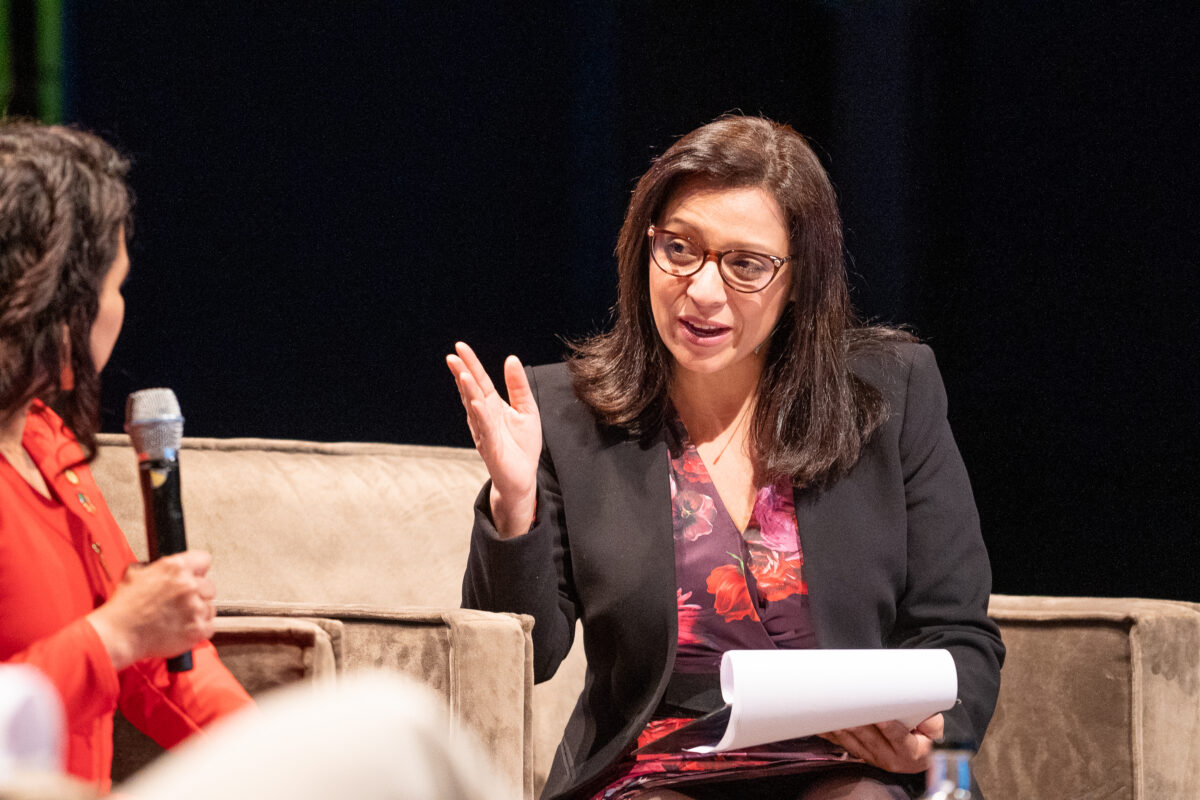Financing for Climate Resilient Water, Sanitation, and Hygiene: Accelerating Rural Progress in Latin America & the Caribbean
By Mark Duey CEO, of Water For People
Progress needs to increase 6x for safely managed drinking water, 5x for safely managed sanitation, and 3x for basic hygiene for the world to achieve universal access by 2030.[1] This means the WASH (water, sanitation, and hygiene) sector requires considerable financing – around $116-$229 billion annually.[2]
Underscoring this need to accelerate progress rapidly are the increasing risks due to climate change. In Latin America, climate change already affects water and sanitation access for people through more devastating weather, including mega-droughts, extreme rainfall, heat waves, storms, and glacier melt.[3] These events can wipe out infrastructure and cause too much, too little, or increasingly polluted water – sparking public health emergencies, food shortages, and environmental devastation. More people are experiencing crises, specifically the populations least responsible for climate change. Yet globally, progress in climate adaptation is slowing rather than accelerating.
In April, I had the opportunity to represent civil society at the Latin America and the Caribbean Finance Ministers’ Meeting, organized by the Sanitation and Water for All (SWA) global coalition in alliance with UNICEF and sponsored by the Inter-American Development Bank. This was an unparalleled opportunity to place water, sanitation, hygiene, and climate resilience at the center of discussions with important government decision-makers. At the same time, it proved that this is a topic not only for WASH sector stakeholders but also for several strategic government areas – such as public finance.

Water For People’s path began by focusing on WASH infrastructure – wells, pipes, and taps. In 2010, equipped with learnings from 15+ years of experience, we pivoted to a WASH system-strengthening model at the municipal level that goes beyond infrastructure to incorporate factors such as finance, planning, regulation, and monitoring. In 18 municipalities across four countries in Latin America (Guatemala, Honduras, Bolivia, and Peru), we implement this work alongside actors such as local government representatives and water operators. Now, in a strategic evolution to accelerate progress, we are building on this experience to fortify the pillars of a strong WASH system on a larger scale by working hand-in-hand with decision-makers at the national, regional, and local levels in each country.
With the billions of dollars needed to accelerate progress toward WASH access, we must incorporate finance into discussions and planning. However, talking about financing does not just mean more money. It’s about utilizing existing resources in more equitable, sustainable, and resilient ways. Here are three priorities as we consider WASH financing.

1. Financing for WASH must be inclusive and eliminate inequities. In Latin America, the access gap to safely managed drinking water between urban and rural is 27% – the second-largest behind Sub-Saharan Africa (37%).[4] WASH financing must address the needs and close the gap for marginalized population segments, such as those living in rural areas.
For many years, Water For People has worked toward closing the rural WASH gap in each municipality where we work through a full coverage approach, ensuring water and sanitation for everyone. We have proven it’s possible. But inequity also exists within WASH. When we talk about access gaps, rural sanitation has been left behind in municipal and national WASH financing agendas. UN Water’s 2022 Global Analysis and Assessment of Water and Sanitation (GLAAS) report points out that while 45% of countries are on track to meet their national water targets, only 25% are on track to meet their national sanitation targets.[5]
2. WASH finance strategies that focus solely on infrastructure are no longer sufficient and are not the most effective method for minimizing risks involved with long-term operation and maintenance.
Water For People’s experience suggests that more financing is necessary in other areas, such as capacity building of local and national institutions and service providers—especially rural ones—to operate and maintain WASH services. Additionally, our work developing monitoring tools and systems has proven crucial for municipal planning, budgeting, and decision-making processes.
The 2022 GLAAS report confirms this, indicating that more than 80% of all countries have insufficient trained personnel and professional experts who graduate annually from WASH training and could meet the needs for on-site sanitation service and small drinking water system management.[6] Further, while elements such as a strong WASH monitoring system can help with prioritizing and financing decisions, 33% of all countries use no data for most of their decision-making on planning processes and resource allocation.

3. WASH finance strategies need to be climate resilient. Even if WASH financial strategies meet these first two points – closing access gaps equitably and investing in the sustainability of services – the current climate context means such strategies need to include climate adaptation in their top priorities.
To minimize the risks communities face from more extreme weather events, investment is needed in more resilient infrastructure, more adaptable service delivery models, and better water resources management strategies that ensure the quality and availability of water now and in the future. This means countries must invest in creating a comprehensive WASH system that is climate-responsive and can foresee, prepare for, and respond to these environmental impacts. Without such financing, no existing WASH infrastructure or service structure will be able to function – no one will have water.
I believe this work must begin by strengthening institutional arrangements and articulating the critical links between WASH, the environment, and finance institutions, in addition to civil society, since climate adaptation is a cross-cutting issue. This requires the inclusion of WASH in climate change policies and plans and vice versa, according to the climate risks identified in each country. This can unlock more climate finance for better adaptation of WASH services in the region.

Over the last decade, Water For People has collaborated with government, private sector, and civil society partners to accelerate progress toward reaching everyone with safe water and sanitation services, forever. Equipped with this experience and knowledge, we promote acting collectively and strategically to elevate WASH challenges on national agendas, increase and leverage financing, and focus on resilience to climate change.
I look forward to the opportunity to collaborate further with the ministers of finance and WASH – because nothing is possible if we work alone. With shared common agendas across sectors and countries, we can move forward with efficiency, inclusivity, and resiliency.
Let’s be the first generation in Latin America and the Caribbean with universal and sustainable access to water and sanitation. I know we can show the world it’s possible – for everyone forever.

Learn More about the Finance Ministers’ Meeting.
[1] UN Water, Sustainable Development Goal 6 Synthesis Report, 2023.
[2] UN Water, Sustainable Development Goal 6 Finance Blueprint.
[3] UNFCC, New Report Details Dire Climate Impacts in Latin America and the Caribbean, 2022
[4] UNICEF-WHO Joint Monitoring Programme, Household level of service data, 2023
[5] WHO, Global Analysis and Assessment of Sanitation and Drinking Water, 2022.
[6] WHO, Global Analysis and Assessment of Sanitation and Drinking Water, 2022.
